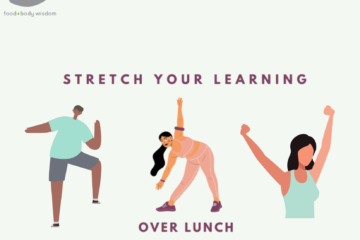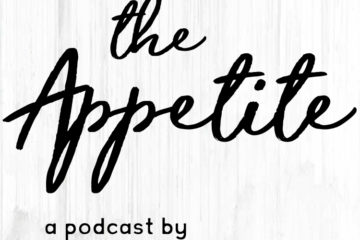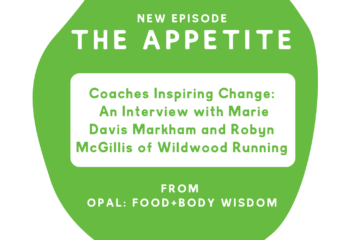 Historically, I have struggled to identify myself as a social justice advocate. In my younger years, my introversion and lack of confidence made it challenging to even know what I believed in, much less to use my voice publicly. Through my own recovery process in early adulthood, however, I learned not only more about who I was and what I was about, but I also underwent a painstaking process of developing assertiveness. Today I embrace the discomfort of taking risks to use my voice where I want to exercise my power, and a major area of passion is in fighting against diet culture.
Historically, I have struggled to identify myself as a social justice advocate. In my younger years, my introversion and lack of confidence made it challenging to even know what I believed in, much less to use my voice publicly. Through my own recovery process in early adulthood, however, I learned not only more about who I was and what I was about, but I also underwent a painstaking process of developing assertiveness. Today I embrace the discomfort of taking risks to use my voice where I want to exercise my power, and a major area of passion is in fighting against diet culture.
Last spring, I found myself in the position to dust off those assertiveness skills – at an elementary school, no less, where it seemed like diet culture was seeping in. My daughter, who is in first grade, came home from school one day and shared what she learned in her P.E. class about nutrition. What caught my attention was not that she was receiving education about nutrition, but that it was coupled with disparaging comments about food. Though I was concerned, I was also grateful for the teaching moment it allowed for me to have as her mom. Around the same time, however, I was approached by a handful of my friends who asked me for advice about what to say to their 7 year old daughters who were also making negative comments about their bodies. I knew that this issue was larger than just in my own home.
As a mom and a friend who loves these precious kids, I decided to approach my daughter’s P.E. teacher to inquire about the class and learn more about how the school system addresses the topics of nutrition, weight, and exercise. I was also interested in finding out where the disparaging food comments were coming from, being aware that these comments might not have come from the teacher herself. Despite my nerves, I actually had a great conversation with my daughter’s teacher; she was so open and willing to hear my concerns. She encouraged me to pursue the P.E. educator for the whole Seattle School District to get my voice heard on a bigger scale. I emailed her immediately after my meeting and heard back right away. I was so surprised that she was eager to hear what I had to say! Simultaneously, I knew I had a lot to learn from her about how the P.E. curriculum originated and the system as a whole. Julie and I had the opportunity to meet with her one-on-one and we had such a positive experience. She listened to our concerns with curiosity and interest and shared how we can have an impact, particularly with professional development opportunities for P.E. educators. She was also open about her own goals within the Seattle School district system. Overall, we were surprised and so grateful for her openness, attentiveness, and support.
The initial conversation with my daughter led to a commitment to myself to take the time and energy to pursue the school system. I loosely held onto certain outcomes while engaging the educators and was able to focus more on what I did have control over: expressing my concerns and offering alternative supplemental curriculum. It has been such a great reminder that my voice matters – and so does yours. We just have to remember to speak up. So whether you’re a teacher, student, or just an engaged community member – what are some ways that you could exercise your voice in order to positively effect a child’s relationship to their body or diet?


